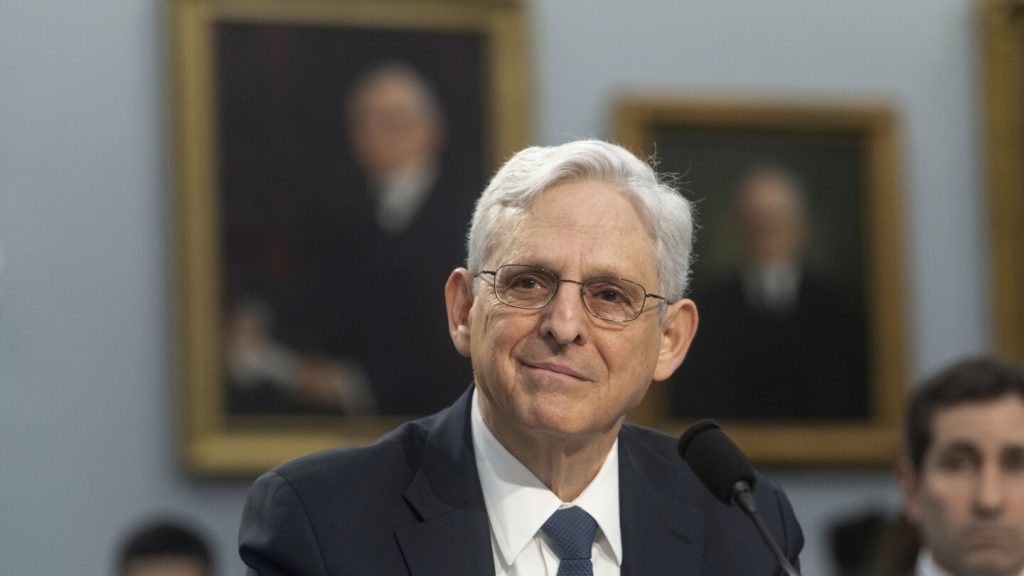House Republicans are planning to move forward with holding Attorney General Merrick Garland in contempt of Congress for his refusal to turn over the unredacted audio of an interview conducted as part of the special counsel probe into President Joe Biden’s handling of classified documents. The House Judiciary Committee is set to convene on May 16 to advance contempt charges against Garland, with the resolution then going to the full House for a vote. This latest development is part of the ongoing tension between Republicans and the Justice Department, with the previous threat of contempt stemming from the department’s refusal to fully comply with a congressional subpoena related to Special Counsel Robert Hur’s decision not to charge the president.
The House Republicans, led by Reps. Jim Jordan and James Comer, had ordered the Justice Department to turn over audio of Hur’s interviews with Biden by early April. However, the department only provided some of the records, excluding the audio interview with the president. The Republicans warned of the dangerous precedent that would be set for future investigations if the audio was not provided. Assistant Attorney General Carlos Uriarte suggested that the committees’ interest in the records may be more political than investigative, prompting a response from Comer emphasizing Congress’s oversight role regardless of the administration’s input.
Contempt charges against Garland would require majority support in the committee and then the full House before being sent as a referral to the Justice Department. Should Garland be held in contempt, it is unlikely that the Justice Department, under his oversight, would prosecute him. The last time an attorney general was held in contempt was in 2012 when the House voted to hold then-Attorney General Eric Holder in contempt for refusing to turn over documents related to Operation Fast and Furious. The Justice Department took no action against Holder, setting a precedent for similar situations involving AGs.
The special counsel in Biden’s case, Robert Hur, conducted a year-long investigation into the president’s improper retention of classified documents but ultimately recommended no criminal charges against the 81-year-old. Hur’s findings were questioned by Republicans, who allege a politically motivated double standard at the Justice Department, especially given ongoing investigations into former President Donald Trump’s handling of classified documents. The differences between the probes include Biden’s cooperation with the investigation by returning the documents after they were discovered and voluntarily sitting for an interview, contrasting with Trump’s alleged efforts to conceal documents and obstruct justice.
The Justice Department’s response to the demand for the unredacted audio of Biden’s interview reflects the broader resentment between the executive branch and Congress over the limits of oversight and investigative interests. Republicans assert the need for full transparency and accountability from the Justice Department, while the department emphasizes the potential political motivations behind certain requests. The upcoming contempt proceedings against Attorney General Garland underscore the power struggle between Congress and the administration, with implications for future interactions between the two branches of government on matters of investigation and accountability.


